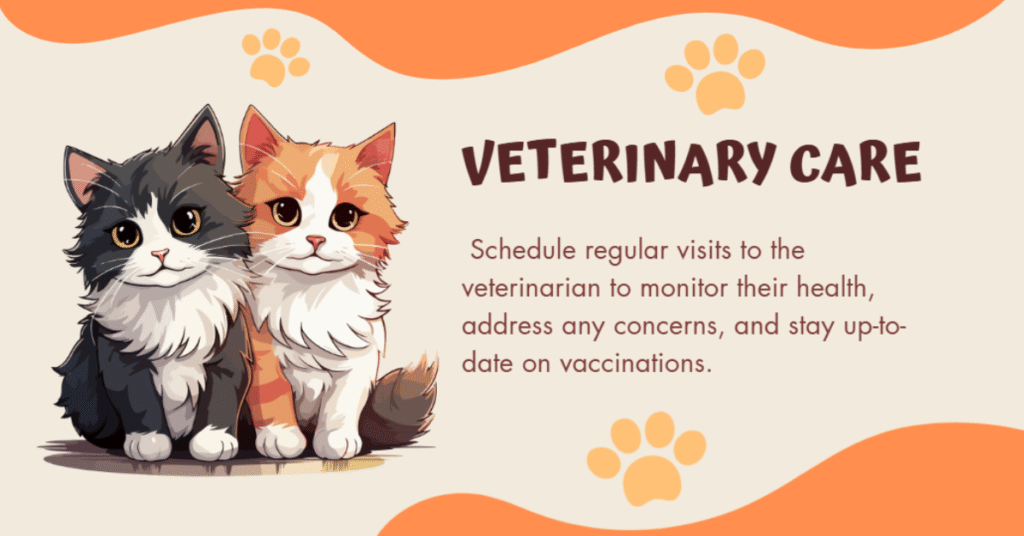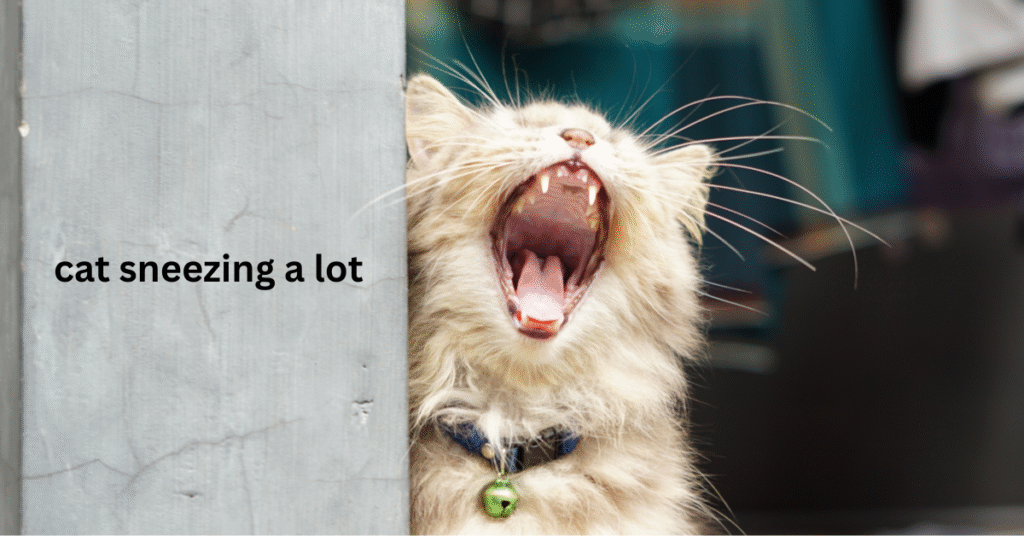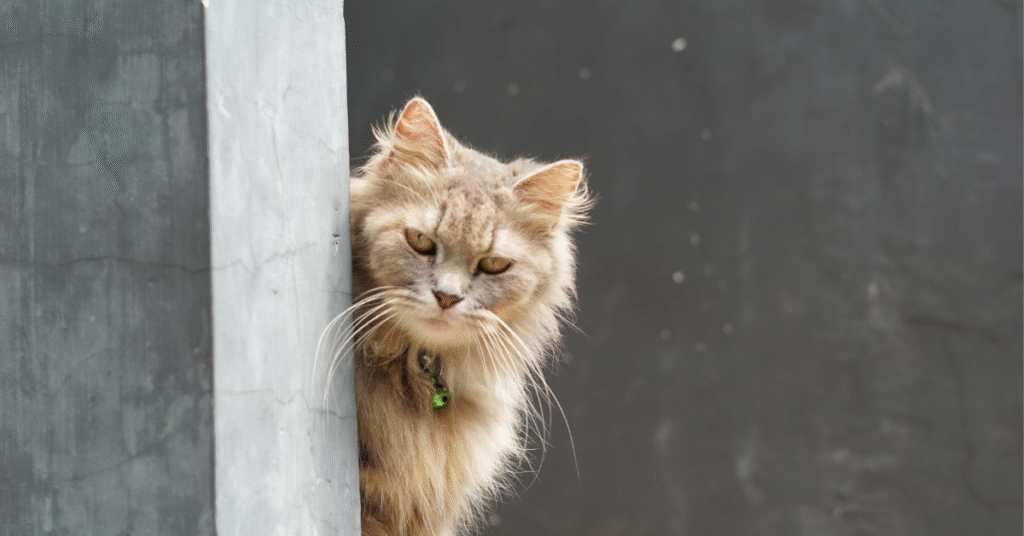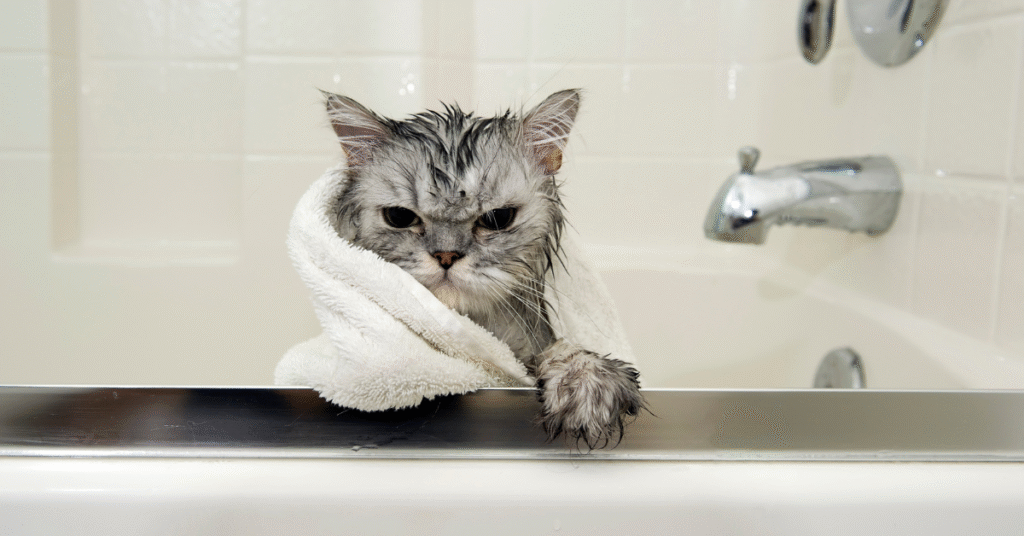Introduction
If your cat sneezing a lot has you worried, you’re not alone. A cat’s sneeze can be a simple reaction to dust, but when it becomes frequent, it may signal something more serious. In this article, we’ll explore the possible causes of cat sneezing a lot, how to spot warning signs, what diagnostics a vet may use, and tips you can try at home. Whether this is the first time you’ve seen it or it’s been recurring, this guide is meant to help you understand and respond.
Why Cats Sneeze a Lot
Sneezing in cats is a protective reflex: it helps clear irritants, particles, or foreign objects from their nasal passages. But when sneezing happens frequently, it may reflect deeper issues. Common causes include:
- Upper respiratory infections (viral, bacterial) — especially feline herpesvirus or calicivirus
- Allergies or environmental irritants (dust, smoke, perfumes)
- Foreign objects lodged in the nose
- Dental disease affecting nearby nasal tissues
- Nasal polyps, tumors, or chronic inflammation
- Fungal infections, especially in susceptible cats
Each cause can produce sneezing, though accompanying symptoms often help narrow things down.

Key Warning Signs to Watch
If your cat is sneezing a lot, check for these accompanying signs. They may point to when a vet visit is needed:
- Nasal discharge (green, yellow, bloody)
- Persistent sneezing (days or weeks)
- Facial swelling or asymmetry
- Loss of appetite, lethargy
- Difficulty breathing or wheezing
- Frequent pawing at face or nose
- Bad breath or signs of dental issues
When sneezing is paired with these symptoms, it’s more likely the root cause is serious and needs veterinary attention.
Common Causes of cat sneezing a lot
Below are the most frequent underlying causes:
Viral Infections
Viruses like feline herpesvirus and calicivirus are leading causes. They often trigger sneezing, nasal discharge, and eye symptoms. The virus may lie dormant and flare under stress.
Bacterial Infections
Secondary bacterial infection often follows viral infection. Bacteria such as Bordetella, Chlamydia, or Mycoplasma may cause thicker discharge and worsening symptoms.
Irritants and Allergens
Household irritants — dust, smoke, cleaning chemicals, perfumes, pollen — may inflame nasal membranes and trigger repeated sneezing. For indoor cats, airborne particles carried on fabrics or open windows are common suspects.
Foreign Objects
Cats may inhale small particles (grass, dust, litter) that lodge in nasal passages, causing persistent sneezing as their body tries to expel them. These often require removal by a vet.
Dental Disease
Because the roots of upper teeth lie near the nasal passages, severe dental infections or abscesses may breach nasal tissue and cause sneezing. Treating the dental problem often resolves the nasal symptoms.
Chronic Inflammation & Rhinitis
When inflammation becomes chronic, nasal tissues stay irritated. Even after initial triggers are treated, sneezing may persist due to ongoing inflammation.
Nasal Polyps, Tumors, or Masses
Abnormal growths can obstruct nasal airflow, irritate tissues, and cause bleeding or discharge. These are more common in older cats and often require imaging or biopsy to diagnose.
Fungal Infections
Less common but possible in certain environments, fungi like Cryptococcus can infect nasal passages and cause repeated sneezing and discharge.

Diagnosing Why Your Cat Is Sneezing Frequently
To pinpoint the cause, a vet may follow these steps:
- Physical exam: inspect eyes, nose, mouth, teeth, and throat
- History and symptoms: ask about onset, discharges, eating, and behavior
- Swabs and lab tests: nasal or eye swab to check viral or bacterial agents
- Imaging: X-rays or CT scans can show obstructions, masses, or abnormalities
- Rhinoscopy: inserting a small camera into nasal passages under anesthesia
- Biopsy: if growths or tumors are suspected
- Dental evaluation: inspect for dental problems that might impinge on nasal area
- Trial treatments: response to antibiotics, antihistamines, or steroids can help narrow causes
Each diagnostic step helps eliminate possibilities and guide targeted treatment.
Treatment Options & Care
When a cat is sneezing a lot, treatment depends on cause:
- Viral infections: No cure, but supportive care, antiviral medications, and immune support may help
- Bacterial infections: Antibiotics can clear secondary infections
- Removing foreign objects: Usually done under anesthesia
- Dental treatment: Cleaning, extraction, or root canal
- Anti-inflammatory therapy: Steroids or injections to reduce swelling
- Surgery: For tumors, polyps, or obstructive growths
- Home care: Humidifiers, nasal saline sprays, reducing irritants
Treatment often aims to reduce symptoms and support recovery. In chronic cases, control is the realistic goal rather than complete elimination.
Home Comfort & Management Tips
You can support your cat’s comfort at home while awaiting or alongside vet care:
- Use a humidifier or sit with your cat in a steamy bathroom (run a hot shower)
- Keep the environment clean: dust, vacuum, avoid strong scents, limit incense
- Use unscented cat litter and cleaning products
- Monitor your cat’s eating, behavior, and sneezing pattern
- Avoid letting the cat outdoors in dusty or pollen seasons
- Maintain dental hygiene (as allowed)
- Encourage hydration and nutrition
These steps don’t replace treatment but can ease discomfort and reduce exacerbating factors.
Two Personal Insights
- I once cared for a cat sneezing persistently — after cleaning all dust and switching litter, symptoms eased before full diagnosis. The environmental contribution was stronger than anticipated.
- Another time, my friend’s cat sneezed repeatedly only after switching to a scented cleaning spray. Reverting back removed the sneezing entirely. That taught me how subtle irritants matter more than we expect.
Real experience often shows that small changes can make a big difference alongside veterinary treatment.

When to See the Vet Immediately
You should not delay professional help if:
- Sneezing is frequent or worsening
- There’s colored or bloody nasal discharge
- Breathing is labored, wheezing, or mouth breathing
- Loss of appetite, weight loss, lethargy
- Facial swelling or sudden issues
- Sneezing episodes last several days without improvement
Delaying may allow infection or damage to deepen. Trust your instincts and talk to a vet if you feel uneasy.

How to Observe & Track Symptoms
When dealing with cat sneezing a lot, good record-keeping helps diagnosis. Consider:
- When did it start?
- Is there a pattern (time, after cleaning, after playing outside)?
- What is the sneezing frequency per day?
- Note any discharge: color, thickness, smell
- When eating, does sneezing increase?
- Any other signs (cough, eye discharge, drooling)?
- Photograph or video the sneezing episodes
This info will help your vet make informed decisions faster.
Prevention & Long-Term Care
Reducing the risk of persistent sneezing involves:
- Keeping vaccinations current (against common feline respiratory viruses)
- Controlling environmental irritants (dust, smoke, chemicals)
- Regular dental care
- Monitoring stress (stress can reactivate latent viruses)
- Periodic vet checkups for aging cats
Maintaining a healthy environment and routine care helps prevent escalation.

FAQs About cat sneezing a lot
Q: Is it normal for cats to sneeze sometimes?
A: Yes — occasional sneezes are a natural reflex and usually harmless.
Q: Can cat sneezing be contagious to humans?
A: Most pathogens causing cat sneezing (e.g. feline herpesvirus) do not infect humans.
Q: Should I try over-the-counter decongestants?
A: No. Human medications can be harmful to cats. Always consult a vet before giving any medicine.
Q: How long before I worry?
A: If sneezing persists more than a few days, especially with additional symptoms, see a vet.
Q: Can diet or supplements help?
A: Not directly, but improving general immune health and reducing stress may support recovery.
Conclusion About cat sneezing a lot
When your cat sneezing a lot becomes a concern, pay attention to patterns, accompanying signs, and possible irritants. While some causes are mild and self-resolving, others demand veterinary care. A balanced approach — acting early without panic — often yields the best outcomes. With prompt diagnosis and treatment, many cats thrive again. Above all, your attentiveness and love make all the difference in helping your feline companion breathe easier.


